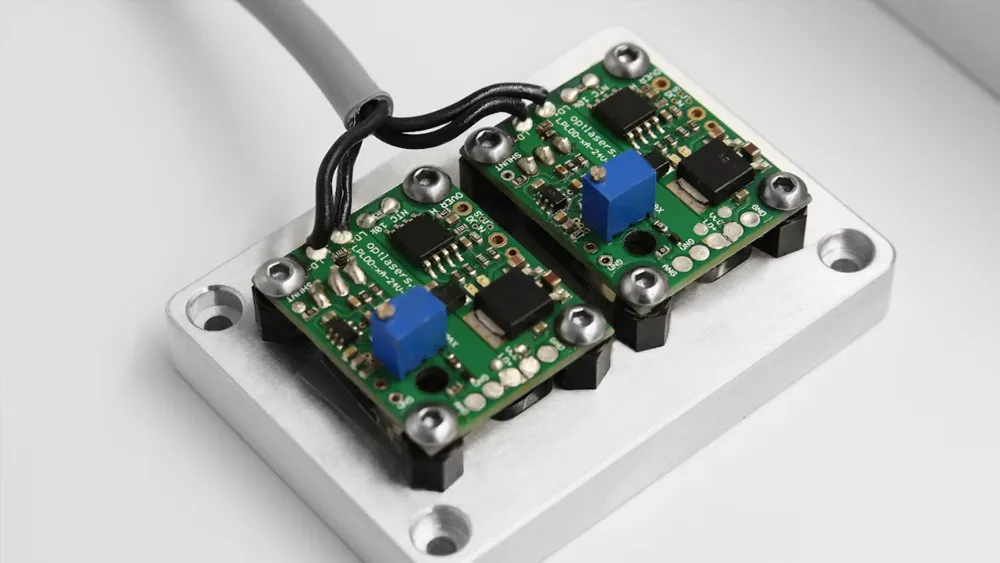
What is EU REACH Testing?
Registration, Evaluation, Authorization and Restriction of CheMICals (REACH)
REACH stands for Registration, Evaluation, Authorization, and Restriction of Chemicals. This regULation came into effect on June 1, 2007.
REACH (EC 1907/2006) aims to improve human health and environmental protection by better and earlier identification of the intrinsic properties of chemical substances. REACH also aims to enhance innovation and competitiveness in the EU chemicals industry. The regulation covers consumer goods imported into or manufactuRED within the European market.
reach regulation mandates the use of "Substances of Very High Concern" (commonly abbreviated as SVHC). Substances typically classified as REACH SVHC.
Please note that substances listed in Annex XVII of REACH are either prohibited or restricted. Additional testing is also required for Substances of Very High Concern (SVHC).
How are REACH Tests Conducted?
REACH establishes procedures for collecting and assessing information on substance properties and hazards.
Businesses are required to register their substances, often by collaborating with other companies registering the same substances.
ECHA receives and evaluates individual registrations for compliance, while EU member states assess selected substances to clarify initial concerns for human health or the environment. Authorities and ECHA's scientific committees assess whether substance risks are manageable.
Authorities may ban hazardous substances if their risks cannot be controlled, and they may also decide to restrict their use or subject them to prior authorization.
JJR Laboratory in China, Your Trusted Testing Partner
- High international accreditation, covering major markets in Europe and America
- World-class testing equipment from leading brands
- Free sampling, one-stop service from on-site inspection to laboratory testing
- Saves 20% in testing costs compared to other testing institutions
- Free consultation on product testing standards and testing plans
Which Products/Materials Require reach testing?
Since REACH applies to all consumer goods sold in the EU, essentially all products and materials require REACH testing.
Applicable products include textiles, plastic products, jewelry, watches, furniture, etc. REACH testing can be applied to materials such as plastics, stainless steel, metal alloys, glassware, coatings and paints, leather, textiles, ceramics, and more.
What Are the Consequences of Non-Compliance with REACH?
Companies exporting products to the EU are responsible for ensuring compliance with REACH regulations.
Firstly, the "no data, no market" policy places the burden of collecting information and assessing substance risks in products on manufacturers and importers. Non-compliant products cannot be sold on the EU market.
Each EU member state has its own enforcement penalties. However, certain federal-level offenses may result in up to 8 years of imprisonment and fines of up to €50 million.
Do You Need SVHC Testing?
Substances of Very High Concern (SVHC) refer to chemicals or other substances that are not necessarily banned. However, EU importers and manufacturers still need to track SVHC due to:
- Consumer rights to information on SVHC content exceeding 0.1% by weight in products.
- Obligations to notify the European Chemicals Agency (ECHA) if products contain SVHC above 0.1% by weight.
Email:hello@jjrlab.com
Write your message here and send it to us
 What Are the Product Compliance for Amazon Austral
What Are the Product Compliance for Amazon Austral
 Australia IoT Security Compliance
Australia IoT Security Compliance
 V16 Warning Light EU EN 18031 Cybersecurity Certif
V16 Warning Light EU EN 18031 Cybersecurity Certif
 Japan IoT Security JC-STAR Certification
Japan IoT Security JC-STAR Certification
 FCC SDoC Compliance Information Statement
FCC SDoC Compliance Information Statement
 What Does FCC SDoC Certification Mean?
What Does FCC SDoC Certification Mean?
 What is Bisphenol A (BPA) Testing?
What is Bisphenol A (BPA) Testing?
 LED Display Export to the EU CE-EMC + RoHS Directi
LED Display Export to the EU CE-EMC + RoHS Directi
Leave us a message
24-hour online customer service at any time to respond, so that you worry!




